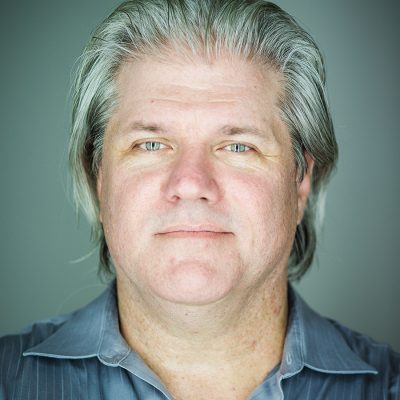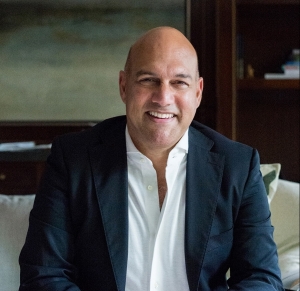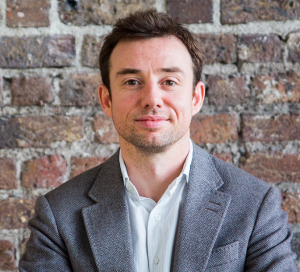Sample Topics
Digital Biology: Life is the New Black
We review advances in genomics, genetic engineering, cellular agriculture, systems biology, and personalized medicine. Tools once restricted to biotechnology professionals are democratizing, becoming more like personal computers and smartphones, and appearing everywhere. What does this mean for our jobs, our families, our lives, and ourselves? And what’s coming next?
The Next Big Thing in Biotech — More Than One Way to Make a Unicorn
What makes a breakthrough biotechnology company? Where are today’s hot areas for investment? Where in the world are these developing? And how can you avoid the common mistakes new investors make?
The Future of Medicine: Revolution Now
Could human disease have an expiration date? We’re living in an era where we might see all communicable diseases, from Ebola to the common cold, become a thing of the past. And that’s just where we start. Learn about the renaissance in genetic engineering, new applications for stem cells, how AI is saving lives, and why the future of pharma looks less like Pfizer and more like Amazon.
The Fast Forward Future of Food
Agriculture and food as we know it is undergoing the biggest transformation since humanity first domesticated plants and animals over 10,000 years ago. Biotechnology is finding ways to feed the billions of people being born. Key topics include the current and future state feeding the planet, cellular agriculture, and our embrace of GMO & gene-editing technologies to grow more food sustainably.
Live Forever or Die Trying – the Business of Longevity
A special briefing on the future of longevity in medicine. Will you live to reach 100? Why stop there? New technologies are promising to continue the trend of the last century, which saw a doubling of human lifespan. Is there a limit to old age? What technologies actually work? What can you and your family do today to live longer tomorrow?
Business Lessons from Biotech and the Biohacking Underground
Lessons learned from working in an exponential industry. How can you keep up when the world is in a state of permanent technological revolution? Using the principles that helped build some of the technology success stories of the last decade, Raymond shares recommendations for tackling pressing business challenges—such as how to surf the waves of exponential change, build and manage interdisciplinary teams, leap ahead of competition with prototyping, and embrace disruption.
Harnessing Your Superintelligence
Do you feel like the world zooms forward, with giant leaps in technology, and you’re still floundering with 20th century tools, trying desperately to cope? Are you ready for a personal, cognitive upgrade? Find how small startups beat better capitalized and established players. Learn how these same strategies can help you personally, or as part of a a bigger endeavor. In this workshop, Raymond McCauley shares these lessons learned from biotechnology and the biohacking underground to keep up better with a world in a state of permanent technology revolution. Specifically, learn how to:
- Surf the progress waves of exponential technologies
- Use prototyping to beat planning methodologies
- Be interdisciplinary, for yourself or as part of a team
- Harness new tools like hackerspaces, crowd-sourcing
- Share best practices and interact with other bootstrappers












